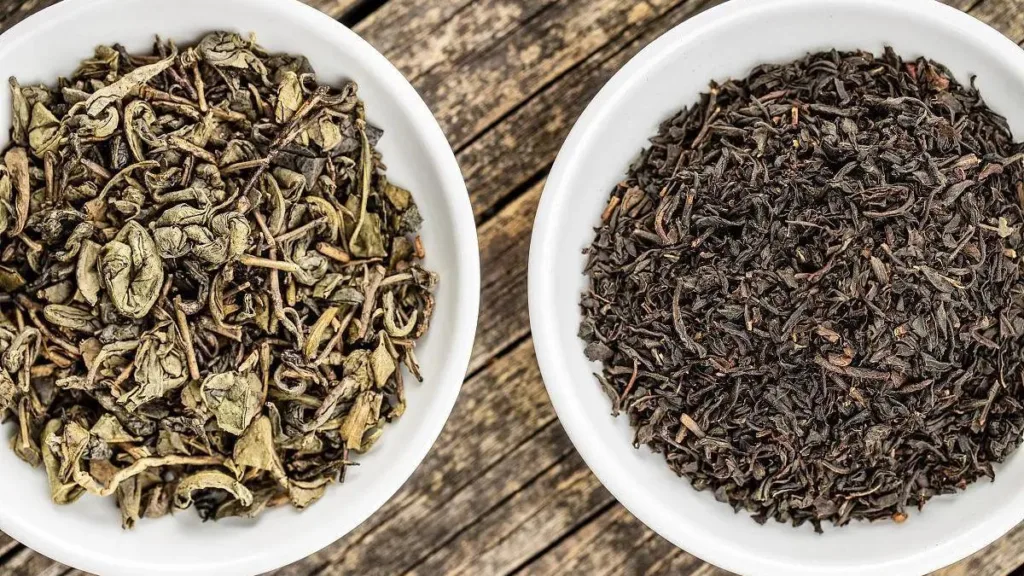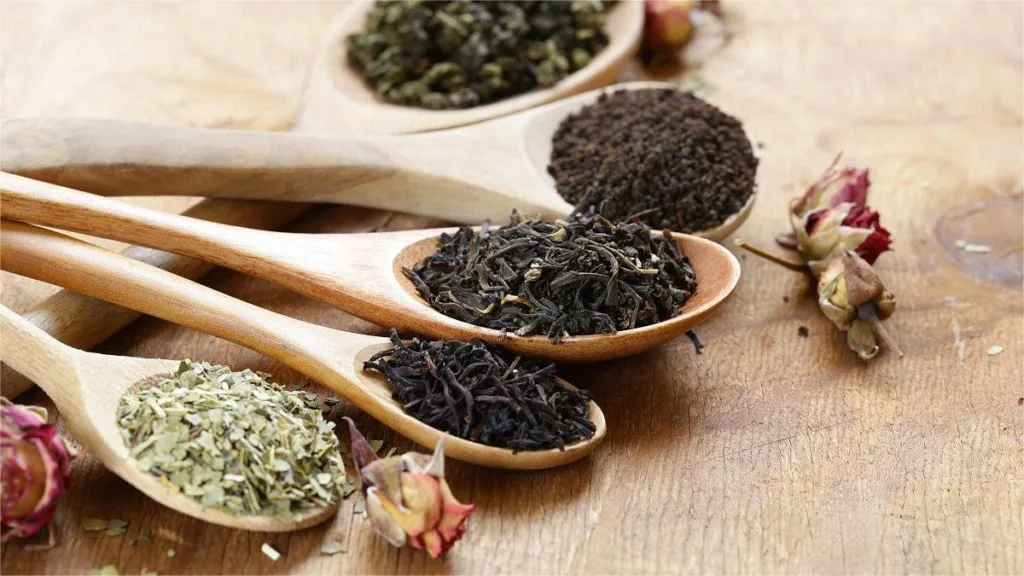Tea, a globally cherished beverage, has been revered for its health-promoting properties, and both black tea and green tea stand out as popular choices. However, the debate over which is healthier often arises, given their distinct compositions and effects on the body. Let’s delve into the unique qualities of black tea and green tea to understand their respective health benefits.
Black Tea: Unveiling its Health Benefits:
- Blood Sugar Regulation: Black tea contains polyphenols that have been shown to stabilize blood sugar levels. This can be particularly beneficial in controlling blood sugar, especially when consuming a diet high in carbohydrates.
- Blood Pressure Reduction: For those concerned about blood pressure, black tea has demonstrated effectiveness in contributing to blood pressure regulation. Regular consumption of one to two cups a day can offer support for individuals managing hypertension.
- Antioxidant and Anti-Inflammatory Properties: Black tea is rich in polyphenolic compounds, including flavonoids and theaflavins, which exhibit antioxidant and anti-inflammatory effects. These properties play a significant role in reducing inflammation, preventing cardiovascular diseases, and supporting overall health.
- Weight Management: Studies suggest that the polyphenols in black tea can inhibit fat absorption, making it a potentially valuable addition to weight management plans. When participants drank black tea alongside a high-fat meal, they absorbed 30% less fat compared to those who didn’t consume black tea.
- Stress Reduction: The presence of amino acids in black tea, such as L-theanine, has been linked to stress reduction and improved mental alertness. This makes black tea not only a flavorful beverage but also a potential ally in stress management.
Green Tea: Unlocking its Health Potentials:
- Catechins for Healthier Heart: Green tea is renowned for its high catechin content, particularly epigallocatechin gallate (EGCG). Catechins contribute to cardiovascular health by reducing inflammation, protecting endothelial cells, and inhibiting the formation of blood clots.
- Antioxidant and Anti-Cancer Properties: The rich concentration of polyphenols in green tea, especially EGCG, has been associated with antioxidant and anti-cancer effects. Green tea’s ability to inhibit the growth and spread of cancer cells makes it a subject of interest in cancer prevention and treatment.
- Blood Sugar Control: Green tea has demonstrated potential in regulating blood sugar levels, making it a favorable choice for individuals managing diabetes or at risk of developing insulin resistance.
- Weight Loss Support: Catechins in green tea, particularly EGCG, are believed to boost metabolism and aid in fat burning. Green tea extracts are often included in weight loss supplements for their potential to enhance calorie expenditure and fat oxidation.
- Dental Health: Green tea’s alkaline nature and fluoride content contribute to improved dental health by inhibiting the reduction of calcium in the body. This makes it beneficial for preventing tooth decay and maintaining strong teeth.
Making Informed Choices:
In the debate between black tea and green tea, it’s crucial to recognize that both offer a myriad of health benefits. The choice between them depends on individual preferences, health goals, and overall well-being.
Conclusion: The Art of Tea Consumption for Health:
As we navigate an era where health-conscious choices are paramount, it’s essential to acknowledge the often-overlooked powerhouse – black tea. With its ability to stabilize blood sugar, regulate blood pressure, and provide a comforting beverage experience, black tea stands as a formidable contender for a healthy lifestyle.
On the other hand, green tea, with its potent catechins, offers a broader spectrum of health benefits, including antioxidant effects, anti-inflammatory properties, and potential cancer prevention.
In the end, the key lies in mindful consumption. Enjoying 3-4 cups of tea daily, whether black or green, within 30 minutes after a meal, can maximize their health benefits. The choice between black tea and green tea should align with personal preferences and health objectives, as both varieties contribute to the rich tapestry of health-promoting teas available to us.



